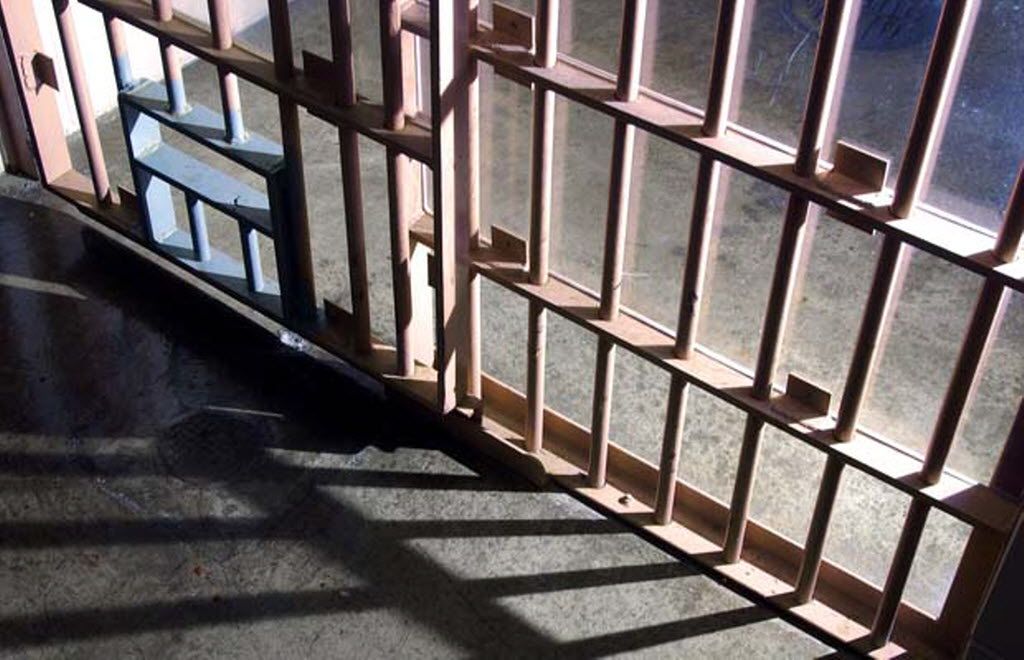- Reaction score
- 1
- Points
- 410
Schindler's Lift said:I look at it as more of an officer safety issue actually and not TPS telling them they must have paid duty officers at all. Obviously the school requested a paid duty presence and if TPS requires their officers to work in pairs then so be it. Would someone be able to tell mariomike that he was needed for a paid duty but they only needed the ambulance driver because the event organizer had their own first aid staff to handle the hands on care?
Yes it was "only" 55 8th graders but it was also potentially 110 parents, school staff, other assorted family members and visitors. Others are more familiar with Toronto then I am so they know the school neighborhood better then I do but if someone from the community wanted to cause a problem (or engage in an active shooter incident) I'd say that two paid duty officers would be more effective then just one. Not to say they could handle things single handedly but with two you have a better chance to triage the situation and call for backup.
One officer to direct traffic, perhaps. Other then that I'd think it prudent to have partners.
I don't have an issue with what the school was quoted, if you read the article you will see, this is something they have to taken upon themselves to have (paid duties). If you have the money and you want paid duties, go for it, I say.
What I (and others) have an issue with is for example a work crew is hired by the city to repair something in the road or the road itself. When that company goes to get the necessary permits they are told they must have paid duties on site, and the real contentious issue is this "policy" is inconsistently applied through out the city, some road crews will have paid duties others in different parts won't. When this was in the news a year or two ago, people were trying to seek clarification and it just became a game of pass the buck: TPS "We don't set the rules XYZ Dept does" XYZ "Don't know what TPS is talking about, you need to speak with ABC Dept" ABC" you were told the wrong information by XYZ, you need to talk with TPS".




